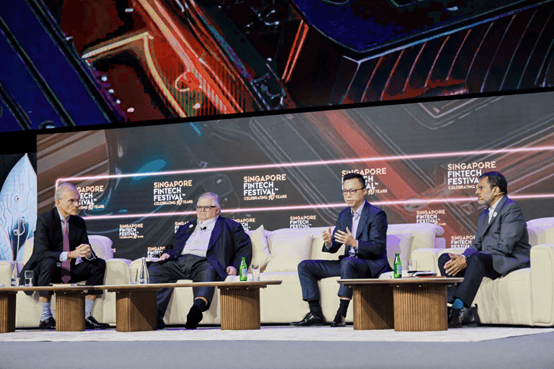
What Gen Z wants from their workplace
By Liz Sebag-Montefiore, Co-Founder and Director, 10Eighty

Liz Sebag-Montefiore
No generation gap here
There’s been talk about intergenerational differences for years, but they don’t normally cause serious problems. I think the whole question is a bit reductive and something of a red herring. You can’t expect to staff any enterprise with one type of person, even if you could, it wouldn’t be effective.
There are stereotypes around each generation – older workers resist innovation, younger workers are entitled. These are stereotypes, it’s plain that there is a mix of attitudes and values in each generation; but unconscious bias, ingrained attitudes and received opinion mean we tend to judge those we see as different. Don’t look at what you think a Boomer or Gen Z employee is, look at the person and get to know them, their skills and aspirations.
Sociological research shows that the generations have clearly different characteristics and each generation creates its own traditions and culture through shared attitudes, preferences and dispositions. It’s important not to make assumptions or to unquestioningly accept stereotypes. On a cautionary note, the CIPD reports that their research found diversity within each generation is as significant as that across generations.
One size does not fit all
Research suggests that Gen Z prefer a workplace culture built on purpose (33%), but it’s not exclusive to them, it’s a given for committed and engaged employees of all ages. Social value and wellness are, perhaps, more an objective for younger workers but, again, not exclusive and such issues resonate with older employees too.
I’m not sure there is such a thing as the ‘ideal’ employee, nor that I would want to work with them. Diversity of experience, opinion and perspective are what make an effective team. A cohesive, engaged team with shared values and aligned goals will play to each other’s strengths regardless of age, gender and ethnicity.
A multi-generational workplace benefits from diverse skills, learning styles and aspirations around career progress, but it also involves a range of challenges for corporate leadership. It’s usual now for workers to be reporting to younger managers and there may be issues around keeping a growing cohort of older workers engaged and motivated. Whether they are Baby Boomer, Generation X, Y or Z – we need to recognise and adjust the way we work to fit with new ways of thinking, new technology and a dynamic marketplace.
Intergenerational working
The business case for managing generational diversity effectively is clear; it enables broader and more diverse talent pools and fosters innovation and creative thinking as a result of generational interaction. The net result is enhanced productivity and improved employee engagement; although there are differences between the generations with regards to what they expect from the workplace and their career aspirations, we can all learn from each other.
Looking at generational trends is a starting point in understanding others’ preferences and dealing with differences from a professional perspective.
In the post-pandemic world, the way we work has changed and there are new opportunities for designing people-centred HR policies with more flexible work arrangements, more collaboration and redesigned work environments. In every sector, employees are the most valuable asset an organisation holds but they need the right tools, training, work environment, communications, processes and data alongside an organisational culture that engenders engagement; without the right resources, it is difficult to deliver in a competitive environment.
Making it work
A defining characteristic of younger workers is their level of connectedness in the digital environment. There is no inter-generational conflict here, just recognition that many young workers prefer to communicate electronically at work, sometimes rather than face to face; they believe that access to technology makes them more effective at work and may feel their managers do not always understand the way they use technology at work.
Conversely it might be said that older generation workers are social animals, skilled at building face to face relationships and can teach their younger co-workers about networking and workplace interpersonal skills around how to work with team members assertively but diplomatically.
It’s also important to understand generational differences in teaching and learning preferences so that the skills of older employees are successfully passed on to younger workers. People management strategies will need to reflect the fact that younger workers prefer to work in communities of mutual interest and collective values, rather than fitting into a structured hierarchy.


